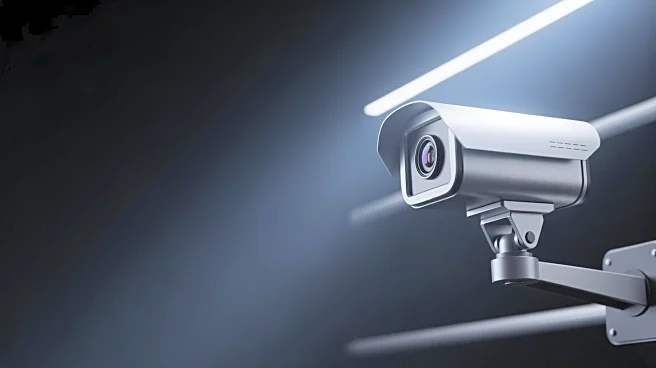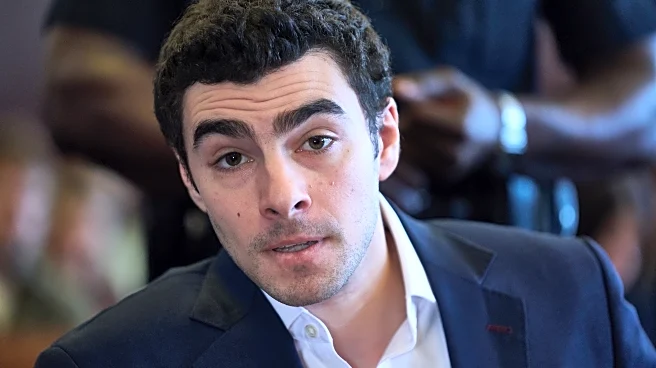What's Happening?
An undercover investigation by Lighthouse Reports has uncovered a vast global surveillance network capable of tracking individuals worldwide. The investigation, led by reporter Gabriel Geiger, revealed that a company named First Wap was offering sophisticated
phone-tracking software at a secretive trade fair in Prague. The software was marketed to a private mining company intending to surveil environmental protesters. The investigation exposed over a million tracking operations, providing a comprehensive view of the modern surveillance industry. This revelation highlights the extensive capabilities and potential misuse of surveillance technology.
Why It's Important?
The findings of this investigation underscore the growing concerns about privacy and the ethical implications of surveillance technology. The ability to track individuals globally poses significant risks to personal privacy and civil liberties. This revelation could prompt discussions among policymakers, privacy advocates, and the public about the need for stricter regulations and oversight of surveillance technologies. The potential misuse of such technology by private entities and governments raises questions about accountability and the protection of individual rights in the digital age.
Beyond the Headlines
The investigation into First Wap's activities highlights the ethical and legal challenges associated with surveillance technology. The use of such technology by private companies to monitor activists and protesters raises concerns about the suppression of dissent and the infringement of human rights. This case may lead to increased scrutiny of the surveillance industry and calls for international cooperation to establish guidelines and standards for the ethical use of surveillance tools. The broader implications of this investigation could influence future legislation and the development of privacy protection measures.
















